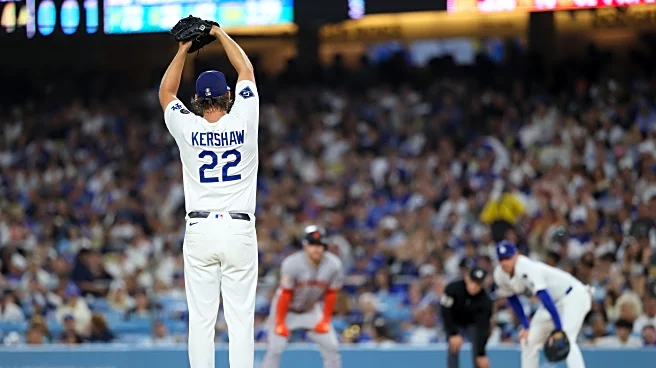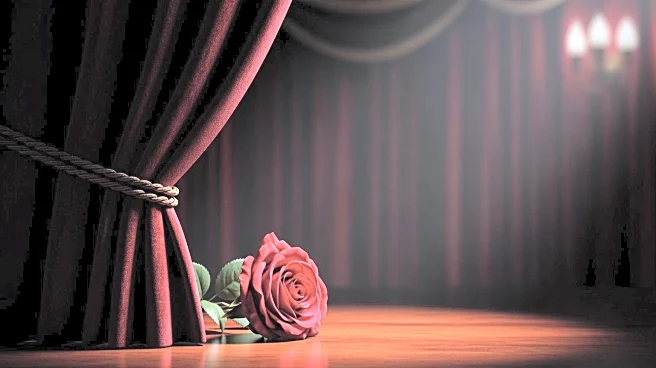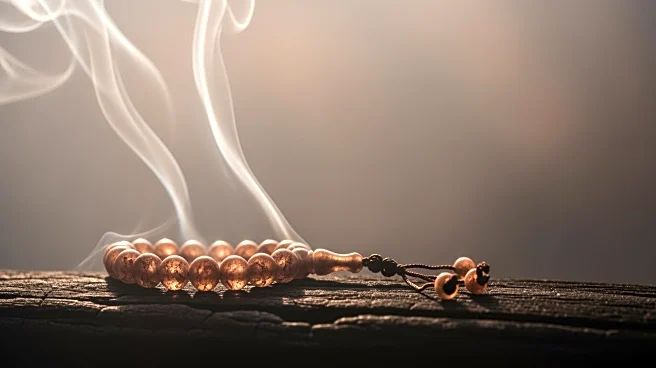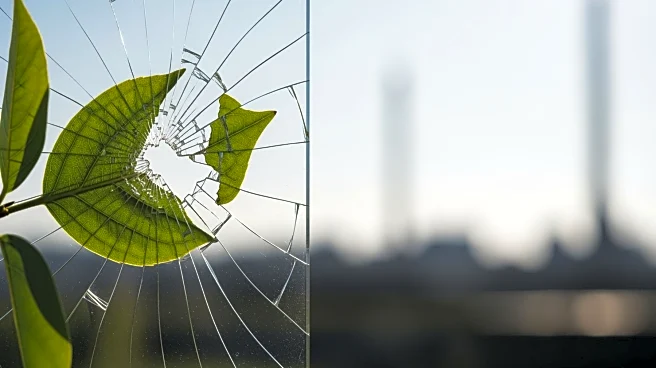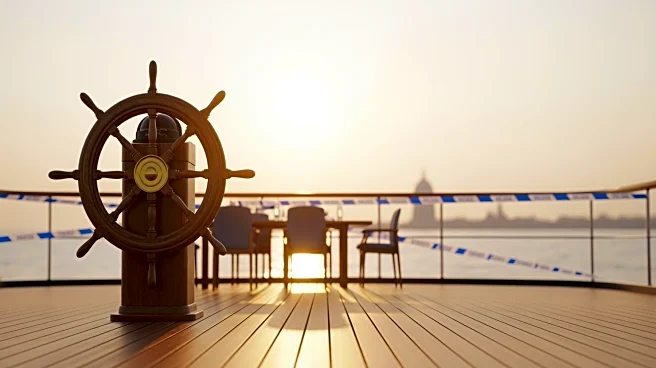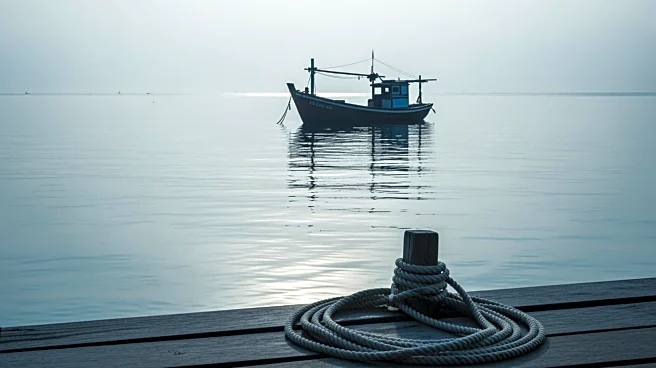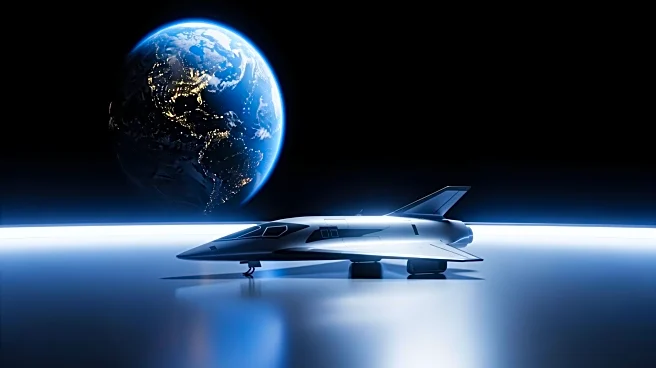Clayton Kershaw announced before his Friday start against the San Francisco Giants that it would be the last regular season outing of his career. This decision was obviously not made on a whim, but I imagine, when he was scanning over this year’s schedule debating whether it was time or not, there was a bit of a twinkle in his eye when he saw that if he did call it quits, his last game could be against an old, familiar “foe.”
Not that Kershaw needs to massage any optics in terms of his performance
on the mound (in the regular season, that is), but even the best-of-the-best want to go out on a high. And every journey’s end should echo its beginning — that’s just good storytelling. Those final Hollywood moments saturated with the understanding of time’s weight while still, in subtle ways, trying to delay it. The beard has grown gray, sweat stains have soaked through the hat’s brim — still, age is not a perfect plaster cast. Not yet at least. Squint and you might see what once was, what still is there underneath the stiff wraps. Kershaw as Cy Young winner, as MVP, the slider nested amongst the fastball, the comical curve that leaves his hand just like a banana peel — all of lingers in some way as he brings his arms down to his chest then lunges towards the plate.
I’m teaching Ernest Hemingway’s The Old Man and the Sea to eighth graders right now. I couldn’t help but lay that novella’s character and plot over Friday’s eventual 6-3 loss in Kershaw’s swan song. Pitching is like fishing in a way. Imagine the mound as a dinghy, floating out in the middle of the sea. Each pitch a cast, baited to entice the hitter to bite. Kershaw wasn’t as down as Santiago, the old man, was, who had gone nearly three months without a significant catch, but both are far from the top of their games. That knowledge of past glory, of what they were once capable of, nags them. Their bodies fail while their minds are sharp — this discordance is the great struggle with age. Capabilities flounder, but Kershaw and Santiago are fueled by the same ember bedded down in their guts since youth; the same ember that bursts into flames when pride and adrenaline and courage and memory and desire mix together and react. The ultimate truth of their work is that when they take the mound, or push out into open water, it is not about the last pitch or the last fish, but the next one. If desire for that next one lingers, if there is still heat in the coal, it’s impossible to ignore it.
And like Santiago, Kershaw was not particularly sharp in this final outing. He made mistakes, a fair amount of them that better line-ups could’ve punished. Heliot Ramos crushed two of the first three pitches thrown in the game: a first-pitch fastball drifted just wide of the left field pole, and a 0-2 slider got cooked 430 feet to center to give San Francisco an early lead.
Kershaw pitched only 4.1 innings, needing 91 pitches to do, and walked four Giants — just the fourth time he’s handed out as many freebies in 63 career games against San Francisco. It happened twice in 2010 and now twice, in back-to-back games, in 2025. Those lapses may have rocked the boat, but they didn’t capsize it. Just as the Giants failed to capitalize on 10 BBs yesterday, early baserunners didn’t lead to early runs.
Ramos’s solo shot was the loudest contact San Francisco managed off him. With runners on base, Kershaw fell back on his old wiles. He danced around the edge of the zone, rarely hanging anything over the heart of the plate. He posed that age-old question to the hitter: Which came first? The fastball, or the slider? A walk and an error followed Ramos’s homer in the 1st, before Kershaw struck out Wilmer Flores and got Casey Schmitt to line out to left. In the 2nd, two walks were nullified by two pop-ups by Ramos and Willy Adames. The Giants went just 1-for-6 with runners in scoring position against Kershaw, their only hit coming off the bat of Flores to plate Matt Chapman after his double in the 3rd.
At the time, the two runs were enough for a lead. But it could’ve been a lot more, and against LA, it obviously didn’t last. Robbie Ray’s end o’ the year troubles continued with a game-chaning 4-run 5th. One strike away from getting out of the inning unscathed, Shohei Ohtani scathed an elevated fastball on the outer third of the plate over the wall in left for a 3-run homer.
The opposite field shot was Ohtani’s first homer against Ray, who had bested him for the most part in their previous encounters. The southpaw struck him out twice in the SF-LA match-up last week (once with the bases loaded), he got him twice to fly out in earlier innings on Friday, but this (as in, Major League Baseball) is Ohtani’s world. It’s his house and we play by his rules, and his rules are he rules. A devastating homer, at some point, felt inevitable. Mookie Betts then rode an after-swell of the Shohei tsunami, shooting a first-pitch fastball over the wall in center, ending Ray’s night.
On a night when San Francisco out-hit LA, the decisive long balls proved to be the difference. Ray’s uncompetitive at-bat against Kiké Hernandez in which he walked the #8 hitter on five pitches gave Ohtani an opportunity to swing the bat with consequence and he did. A claim no Giant could make on Friday.
Though Kershaw hadn’t hung around long enough to be in-line for the statistical win, he still had a massive embrace for his teammate after he returned from his trot around the bases. The homer bailed him out. He wanted one more victory against his rival, no matter how one-sided the contest. The hug too was bathed in ominous tones for Giants fans: a passing of the torch, a changing of the guard. Kershaw to Ohtani: Now it is your turn… The timing of it all is perfect. With the San Francisco’s loss, the all-time head-to-head record between these two franchises, dating back to 1889, is now at an even 1,287 – 1,287.

Drawing the line between Kershaw and Hemingway’s Old Man was easy. He walked off the mound exhausted, spent, but on his own strength and on his own terms with a (very) low slider to freeze Rafael Devers. Considering the Kershaw-Santiago allegorical, I initially thought that would make the Giants the massive fish the old man hooked. But that analysis doesn’t stand up to the slightest bit of scrutiny. Santiago and his marlin become literally and figuratively tied to each other out at sea. The old man talks to the fish, compares himself to it while expressing admiration and respect and terror. The marlin pushes him to the brink of his capabilities, it is both the source of folly and glory…
In a contest as one sided as Kershaw vs. the Giants, how could San Francisco be the marlin? How could they be anything but the tuna, or the dolphin, or the flying fish found in the stomach of the dolphin, the old man reels in with a trail line to eat in the middle of his epic days-long wrestling match with nature? The Giants are Kershaw’s sustenance, the food that gives him strength as he sails into the postseason, in pursuit of a much greater catch.
